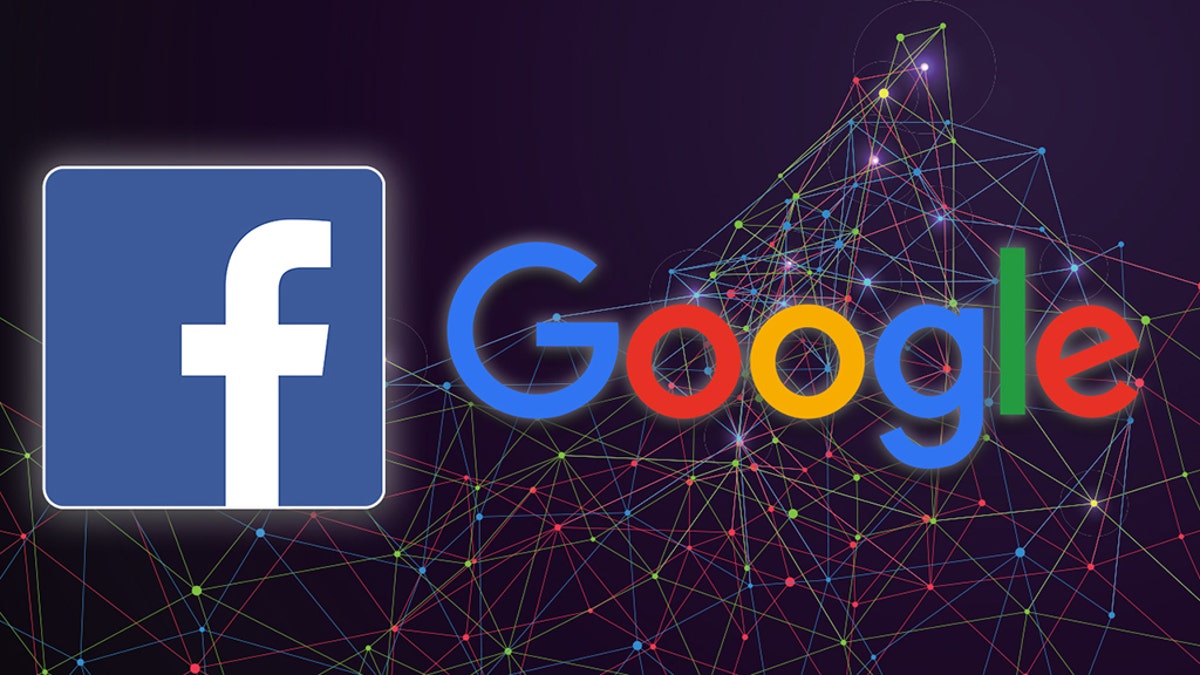
SINGAPORE—Tech giants such as Facebook Inc., Alphabet Inc.’s Google and Twitter Inc. would be required under a draft law introduced Monday in Singapore to immediately issue corrections of false information published on their platforms and inform users when they might have been exposed to inaccuracies.
The legislation is some of the most potentially sweeping anywhere against so-called "fake news’’ and would set a precedent for the global issue, which has seen a backlash against social media. Facebook, Twitter and Google all have their Asia-Pacific headquarters in Singapore, a wealthy nation of just 5.6 million people dominated by a single political party that critics say has used legislation to stifle political opposition, which it denies.
MARK ZUCKERBERG'S FACEBOOK REGULATION PROPOSALS ARE SELF-SERVING AND CYNICAL
The legislation requires social-media companies to circulate corrections if content posted on their platforms is deemed by the government to be false and able to harm the public interest in Singapore. In some cases this would be required even if the offending content didn’t originally appear on their platforms, and could apply to traditional media as well.
Singapore is one of only a few countries that have introduced legislation to tackle fake news, but governments around the world are grappling with growth in manipulated or false viral content that they say can divide communities, manipulate elections and incite violence.
In India, more than 20 people were killed last year by mob violence following false rumors spread on Facebook’s WhatsApp messaging service. In countries including the U.S., false information on social media has been linked to foreign election interference.
The Protection from Online Falsehoods and Manipulation Bill was introduced Monday for a first reading in Parliament. It is expected to be debated and put to a vote in the coming weeks.
NASA, MIT ENGINEERS RE-IMAGINE AIRPLANE WING
Singapore officials say tech companies must take responsibility for content published on their platforms and will face possible fines for noncompliance. “Essentially you have to take a policy viewpoint as to whether anyone can be allowed, in pursuit of profit, to damage your country,” said K. Shanmugam, Singapore’s law minister. “I think as a government, we owe a duty to our citizens to make sure that we protect our society.”
Facebook said late Monday that it shares a commitment to reduce the spread of false information but is concerned with aspects of the law that give the government broad powers to compel it to remove content. Google said it will study the bill and urged the government to allow for a full and transparent public consultation on the legislation. Twitter said it recognizes the importance of the topic and will assess the implications of the law.
The Asia Internet Coalition, an industry group that comprises the big tech companies, said it supports the government’s goals of protecting social harmony but is concerned that the Singapore government would have discretion over what is true and what is false. “This level of overreach poses significant risks to freedom of expression and speech, and could have severe ramifications both in Singapore and around the world,” it said.
Tech companies might need to build new software to comply with Singapore’s law, and if other countries took differing approaches the companies could be faced with a complex global environment for compliance.
Click here to read more at The Wall Street Journal, where this story was originally published.
